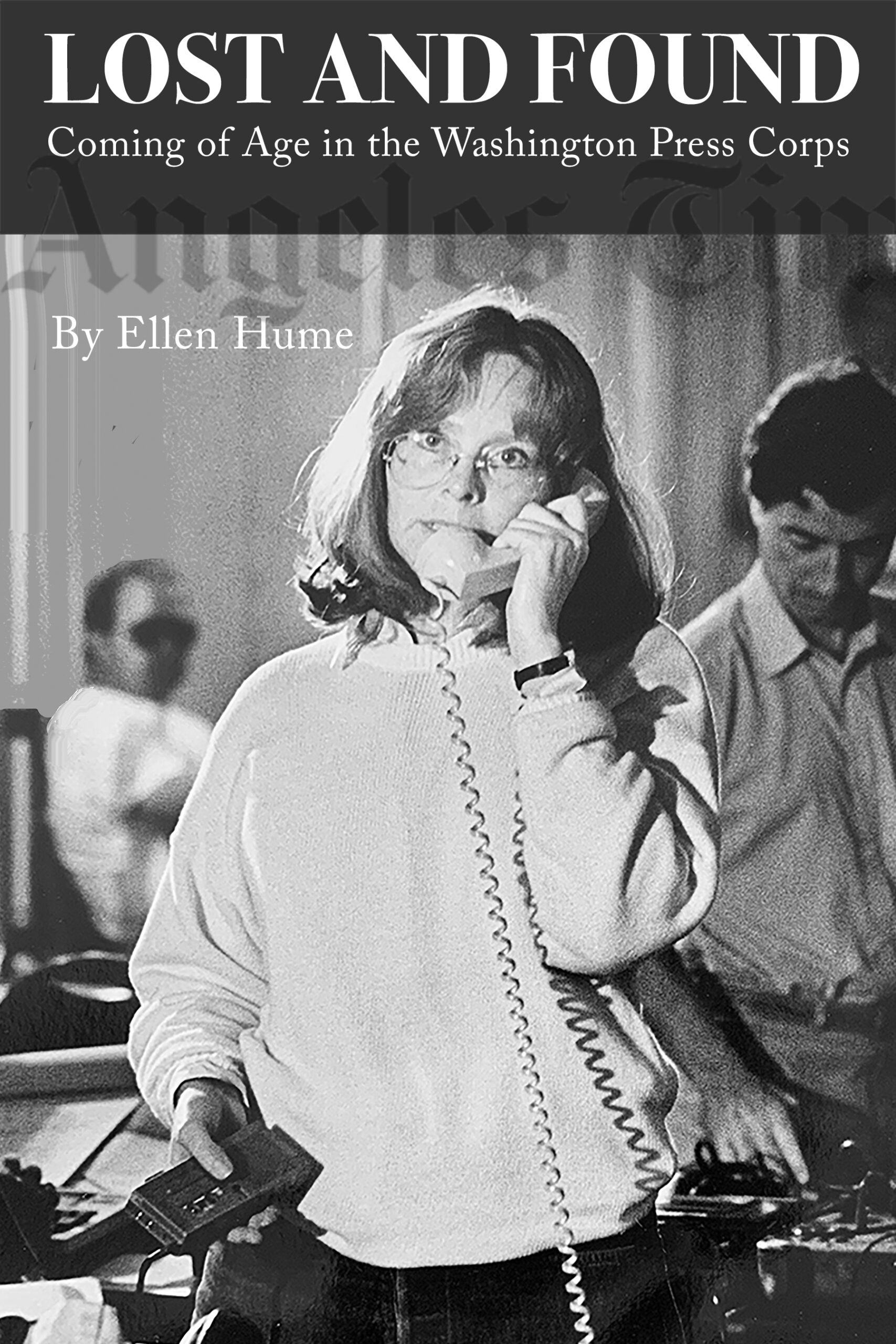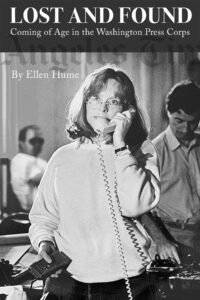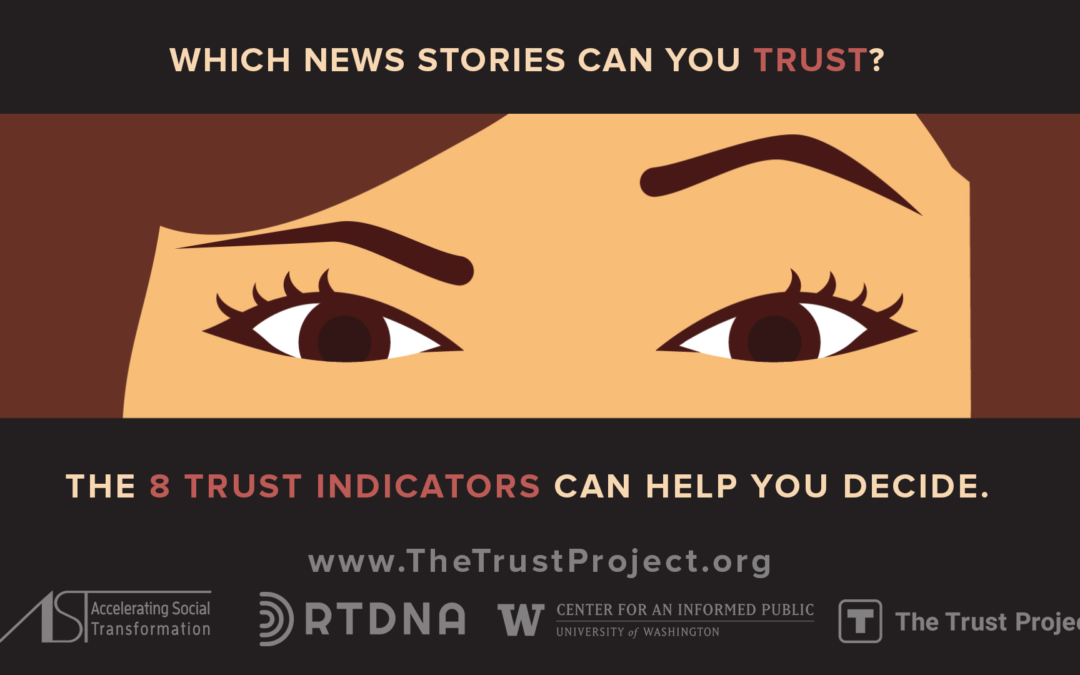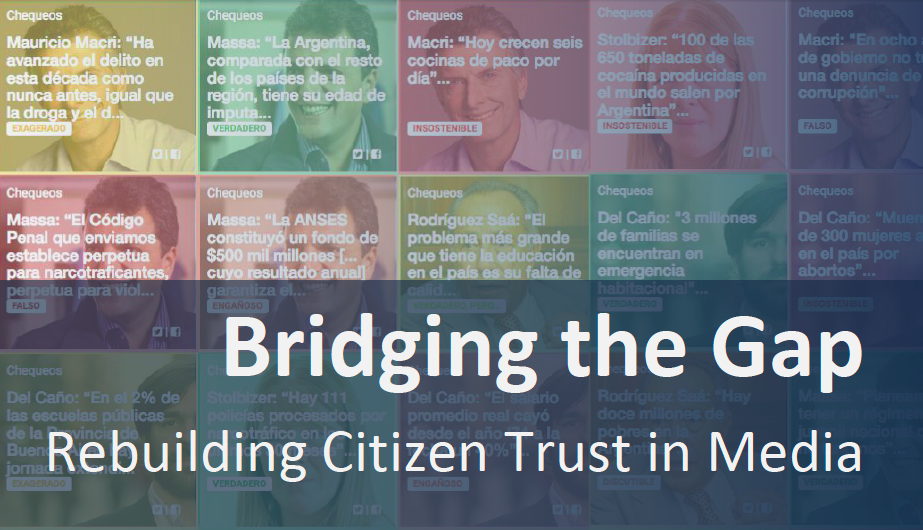
Fun and Games in the Washington Press Corps

You can order it from your independent bookstore, from Amazon.com, or from Bookbaby…


You can order it from your independent bookstore, from Amazon.com, or from Bookbaby…

Here are the insider tricks to figure out if a news item is true or not. Please share this PSA which contains some basic media literacy guidelines so that you don’t get duped by those who want to use you to spread their lies.
https://www.youtube.com/watch?v=i3rDP_boUYw&feature=youtu.be

I’m happy to see this new initiative that helps us identify the real journalists who offer trusted work, with accountability. Now we need to get more media literacy, so consumers will know to use tools like this Transparency Tracker to select reality-based, fact-based journalism providers instead of falling prey to the propagandists, newsbots and conspiracy theorists who are making money or gaining power by duping us into spreading and believing stuff that isn’t true.
Most importantly, tools like this confirm that some content is much more trustworthy than other content You CAN figure out what is useful news from what is propaganda. Don’t be left powerless by cynicism that tells you everything is a scam. If you decide that, you will never be able to hold the bad guys to account.
Journalism has never been, and will never be, perfect. But it is a tragedy when people don’t understand who is working in the public interest, to help empower them with information, versus all those jerks who are trying to sell them something for their own amusement or ill-gotten gains.

—January 2018
What is the truth about journalism?
Journalism is always a bit of a mess. People’s memories are usually flawed. Eyewitnesses differ about the same event. The moment a story passes from one person to the next, it changes. This is only human. And then there is a whole new category to worry about: opinion pretending it is news. Appealing stories, spread through our trusted social media sources, may be secretly designed to persuade us of something. It may be fake news that has no basis in fact.
The response: cynicism
In such a world, it is easy to give up on all news sources, even though we still need information from somewhere, in order to optimize our future. Conspiracies are attractive when we feel we can’t trust anybody but the ideas and people we already know.
How we are manipulated
Reporters who are trying to figure out what is actually going on and tell it honestly–from an nonpartisan referee’s point of view–are increasingly dismissed as creating “fake news,” by the people who need them the most. It isn’t just the professional journalists’ execution of the news story that is questioned—it is their motive. This loss of credibility is a big problem for our entire democracy, as politicians make policy based on fake “alternative facts” that they make up, and attack the reporters who are actually trying—on our behalf–to hold these politicians accountable.
The truth
Are most of the mainstream media out to brainwash us? Of course not. Are the talk show pundits who are transparent about their biases more honest about the facts? It may feel that way, but actually–no! Are the “inside” scoops and conspiracies we are hearing about through social media truer than what we read in the newspaper? Probably not. Opinions are different from facts. We have to pay attention to know who truly has our back and wants us to know what’s actually going on—and who is trying to manipulate us.
We don’t want to be like Edgar Maddison Welch, who thought he was a superhero, blazing into Comet Pizza in Washington, D.C. with his assault rifle to save children from a sex ring he heard about on the Infowars website and social media, that doesn’t exist. He is serving four years in prison, for acting on what he later decided wasn’t “good intelligence.” (It was part of the huge fake news campaign against Hillary Clinton, some of it spread by Russian bots that many people still believe despite the evidence that it is all made up.)
[New York Times Pizzagate Story]
The bottom line
Examining the motive of a reporter is a good thing. But simply deciding that they are all “enemies of the people” and trying to con us, is not the smart way to gather power and knowledge for ourselves. In my experience, it is charlatans with bad motives who are the ones most loudly telling us to mistrust the press in general, to ignore the referees of mainstream media.
The easy answers are rarely the most honest or helpful ones. Opinion is not good enough. Evidence is the key to navigating this crazy world.
The challenge
Just having the news story confirm what I already believe is a terrible basis for trust. Just listening to one type of news source or pundit, without understanding where they got the story, is also a fast track to being manipulated.
Take action to prevent being manipulated
The next time I am told that what I am hearing is “fake news,” I will take a minute or two to look within the story for where the facts in the story came from, and what evidence is offered to back them up. Just saying, as Bill O’Reilly loves to do, “I have someone inside the organization” is not evidence.
I worked with Anya Schiffrin and her team of experts from Columbia University, to help sort out the journalistic truth-tellers from the “fake news” opinion pundits. For further study of this issue, here is the report, Bridging the Gap.
Or on any day of the week, look at how Glenn Beck or Bill O’Reilly or Ann Coulter or Laura Ingram push their mythical versions of Obama and US history out to the public. Are they lying? Yes! Do they know they are lying? I’m not sure. Reality and fantasy have merged into a coherent political vision that has real traction out there. Just look at the Tea Party guy who didn’t realize the “government” that he hates provides the Medicare that he loves.
So maybe its time to organize some more effective journalistic fact-checking. We need to take the great fact-checking websites: http://www.snopes.com/ for urban legends, and http://www.politifact.com/ and http://www.factcheck.org/ for USA political assertions, and connect them with red and green hyperlinks from the news texts to their findings.
So if a story about Obama or Romney making assertions is filled with green words, that means the links will show those statements to be factually pretty good. But if they are filled with red words, that means the links will show how the statement is distorted or untrue. By clicking on each green or red word, you could read each reference (like a footnote) that would tell you why it’s demonstrably true or false.
If the journalism is presented in paper, rather than digital form, you could place the story in the middle of white space, and then have cartoon balloons going off on all sides framing the story, each telling whether the phrase is true, and on what basis we determined that.
I have long fantasized about having a tag on information that floats around the internet—kind of a “Good Housekeeping Seal of Approval” that would indicate transparently the story’s original source and verification. The food chain of a factoid would then be visible—we could see whether it started out as malware, or whether it really appeared in that official budget document.
The sad part is I don’t think proving something is false will automatically take away its power to appeal. I’m remembering the “Swift Boat veterans” lying about John Kerry’s role during the Vietnam War, in a tremendously effective attack that he failed to counter. A woman interviewed by the NYTimes was asked if she knew the allegations were false, and what she thought when she was shown conclusively that they were. “It doesn’t make any difference,” she said; she still hated John Kerry.
Fairy tales would be fine if they weren’t the basis for going to war, and electing those who might choose do that again on the basis of other fairy tales. So we have to keep looking for ways to persuade people not only to figure out what is true and false…but to care and act on those facts.